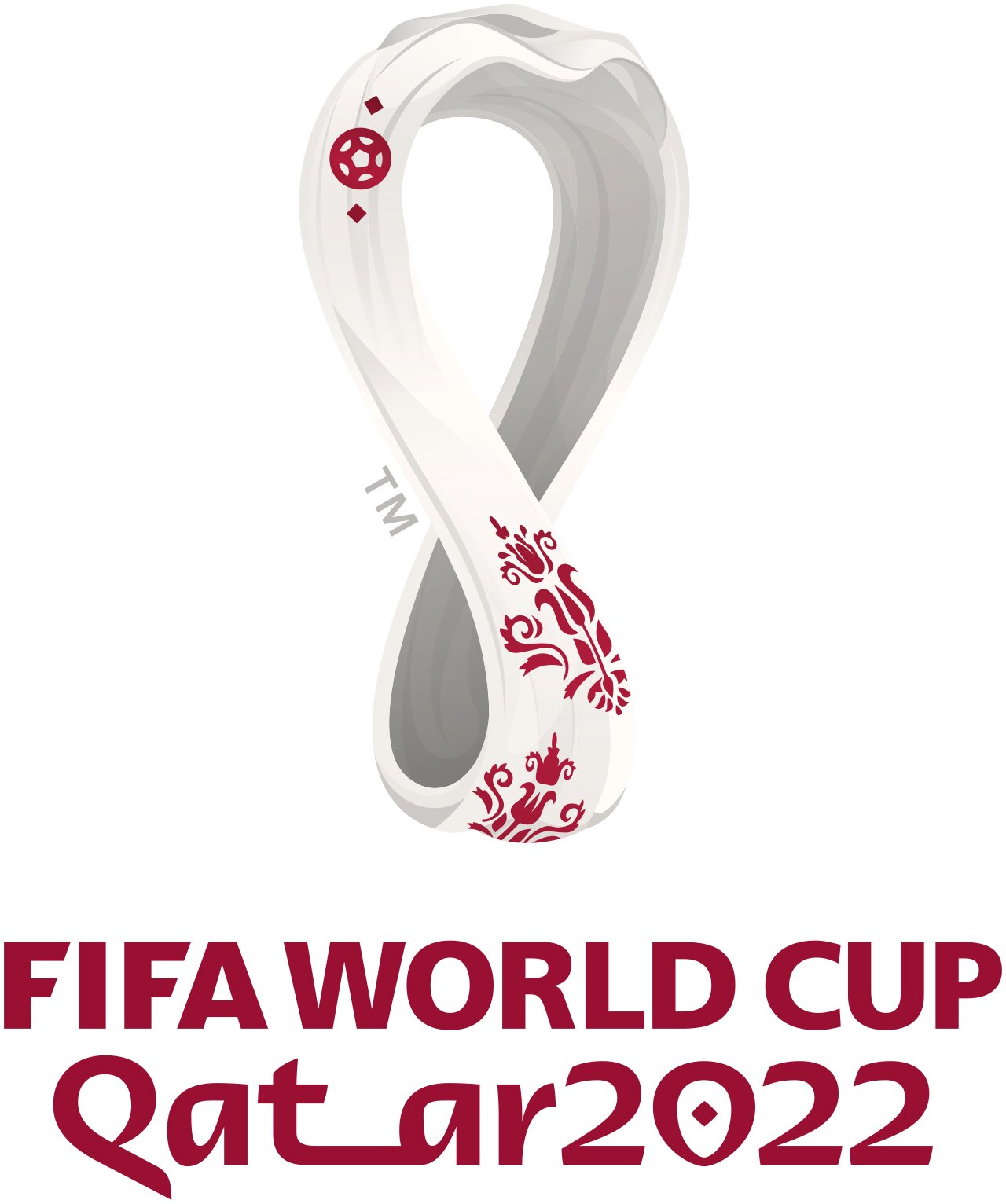
In the run-up to the 2022 FIFA World Cup, Football Australia has released a statement claiming that they are "engaged in a process of education" concerning the dire state of human rights in the host country of Qatar.
"Football Australia, in collaboration with Professional Footballers Australia (PFA), representing the Australian Men's National Team, the Socceroos, has been engaged in a process of education and dialogue to gather information on the situation regarding the advancement of human rights and workers' welfare in connection with the hosting of the FIFA World Cup Qatar 2022TM."
Qatar has faced scrutiny over the treatment of migrant workers engaged in preparation for the World Cup, with Human Rights organisations raising concerns over withheld pay, dangerous working conditions and the alarming number of deaths of migrant workers. Most of these workers are recruited from India, Pakistan, Nepal, Bangladesh and Sri Lanka. However, Qatar's issues with the treatment of immigrant workers is nothing new. The Kafala (sponsorship) system has long been criticised as leaving immigrant workers vulnerable to abuse and forced labour.
"In the lead up to the FIFA World Cup Qatar 2022TM, Football Australia and the PFA, engaged and undertook extensive consultation with stakeholders including FIFA, FIFPRO (the international body representing players), International Labour Organisation, Amnesty International, Builders and Woodworkers International, the International Trade Union Confederation and the Supreme Committee for Delivery & Legacy about the situation in Qatar."
Although Qatar has made significant steps to protect worker rights, human rights groups have raised concerns over current rules and have emphasised the importance of enforcing them.
According to Steve Cockburn, Amnesty International's Head of Economic and Social Justice; "Although Qatar has made important strides on labour rights over the past five years, it's abundantly clear that there is a great distance still to go. Thousands of workers remain stuck in the familiar cycle of exploitation and abuse thanks to legal loopholes and inadequate enforcement,".
Football Australia's statement also addressed concerns over the safety of individuals from the LGBTQIA+ community who intend to attend the festivities in Qatar.
"As the most multicultural, diverse, and inclusive sport in our country, we believe everyone should be able to feel safe and be their true authentic selves. Whilst we acknowledge the highest levels of assurances given by HH Amir of Qatar and the President of FIFA that LGBTI+ fans will be safely welcomed in Qatar, we hope that this openness can continue beyond the tournament."
In 2020, Qatar released a statement assuring the community that they would be welcome and safe during the events.
Qatar hopes to welcome the world for the 2022 men's soccer World Cup – but it also expects people "to respect [its] culture," Emir Sheikh Tamim bin Hamad al-Thani said in Berlin when asked about gay people attending the tournament. pic.twitter.com/UMI9vG97Yn
— DW News (@dwnews) May 21, 2022
However, the Human Rights Watch has raised concerns over the safety of LGBTQIA+ residents of Qatar.
"Qatar's steady reference to "culture" to deny LGBT people's rights deflects responsibility away from abusive state systems. "Culture" should not be used as a cover for discourse, practices, and legislation that have effectively excluded content related to sexual orientation and gender identity from the public sphere."
